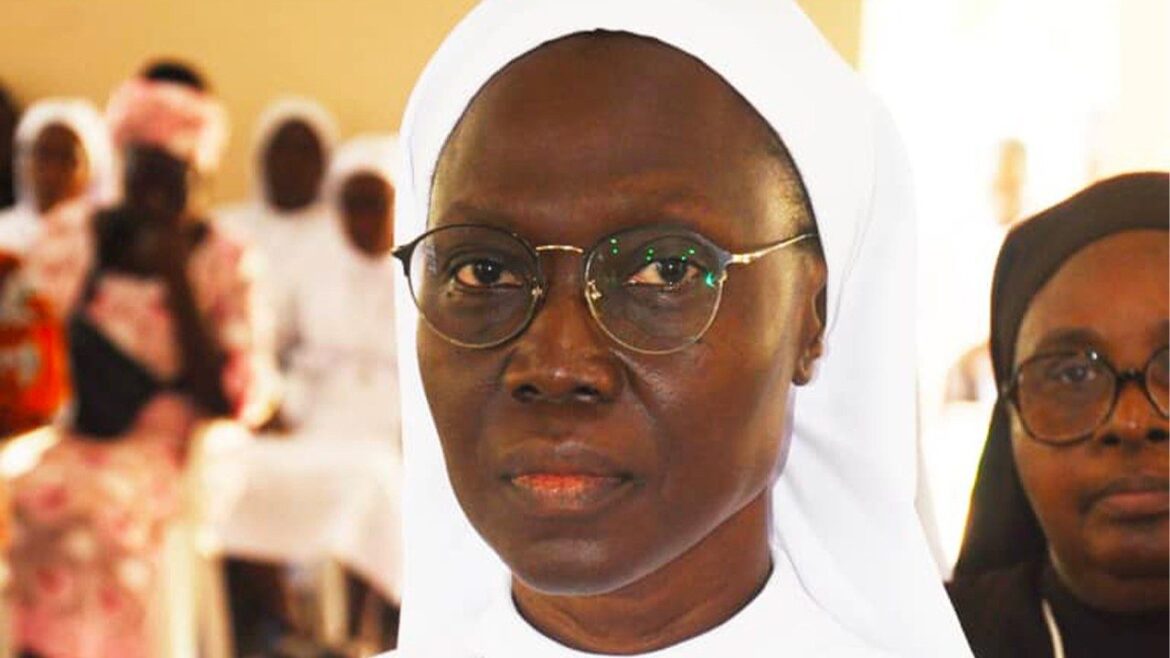Last week, Rome hosted Catechists from all over the world for the Jubilee of Catechists, 26 September to 28 September. In many cases, Catechists are usually lay persons but some consecrated persons incorporate being catechists into their various apostolates.
Marie Jose Muando Buabualo – Vatican City.
Sister Anicette Ghislaine Quenum, the Superior General of the Religious Institute of the Oblate Catechists of the Little Servants to the Poor (French: l’Institut des Sœurs Oblates catéchistes Petites Servantes des Pauvres), recently told Vatican News that although they have many other apostolates, being a catechist is for them “a way of life that consists of being an echo of God’s voice in the world.”
Founded on 19 March 1914, by Father Emile François Barril and Julia Nobre, who became Sister Elisabeth of the Trinity, the Institute of the Oblate Catechists of the Little Servants to the Poor (OCPSP) is a Beninese religious institute dedicated to catechesis and service to the poor.
Authentic witnesses of Hope
The OCPSP sisters say they have celebrated the Jubilee of Catechists with Hope, always prioritising the proclamation of the Good News wherever they are called to serve.
“We are striving to be true witnesses of hope by genuinely seeking God,” says Sister Quenum. She emphasised that, as catechists, the OCPSP sisters see the Jubilee of Catechists as an opportunity to “be beacons that send signals of God’s presence and hope into the world.” She particularly called on young people “to be genuine witnesses of Hope and to live the Jubilee Year as a time of gratitude, but also as a call to hope.” It is a call to seek primarily the justice of the Kingdom of God through “all that we humbly try to do.”
Formation and collaboration with Catechists
Sister Quenum clarified that the ministry of catechist, in Benin, is carried out in close collaboration with laypeople from various parishes “whom we try to form and with whom we share meaningful moments of teaching and retreats.” The sisters are also involved in catechetical teaching with children, youth, and persons living with disabilities.
The Superior General of OCPSP Sisters says collaboration with laypersons is an important aspect of their ministry. The lay partners support the religious institute, especially in activities related to the holistic development of the human person. Since 2006, the sisters have established an association that assists persons with disabilities, women, orphans, and vulnerable children.
The OCPSP: a providential encounter
Sister Quenum attributes the founding of the religious institute to a providential meeting in February 1910 between Father François Barril and Julia De Souza Nobre, a young woman from Dahomey (modern-day Benin in West Africa). Father Barril was facing difficulties in evangelizing the women of Dahomey, who, as custodians of tradition, had limited direct contact with men and especially foreigners. Julia De Souza Nobre, for her part, wished to serve the poor, especially the elderly.


